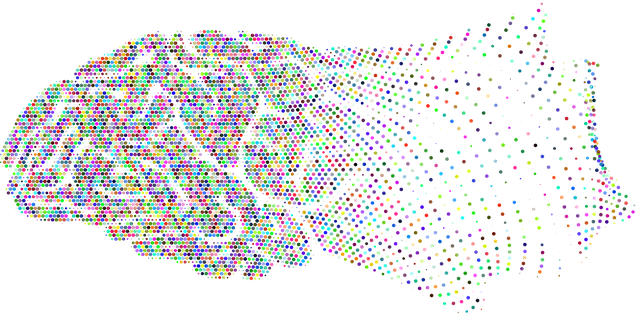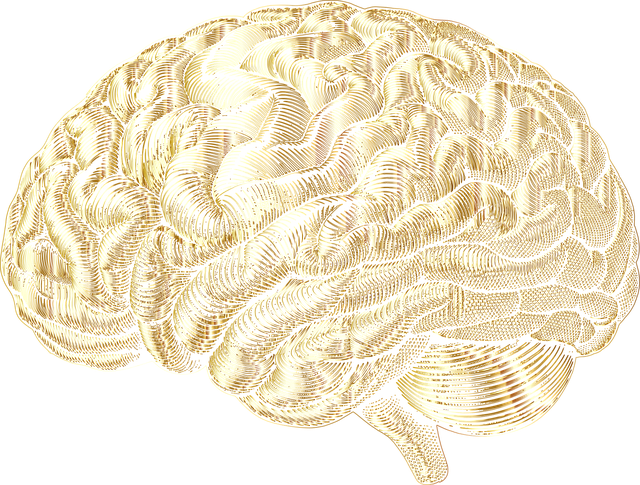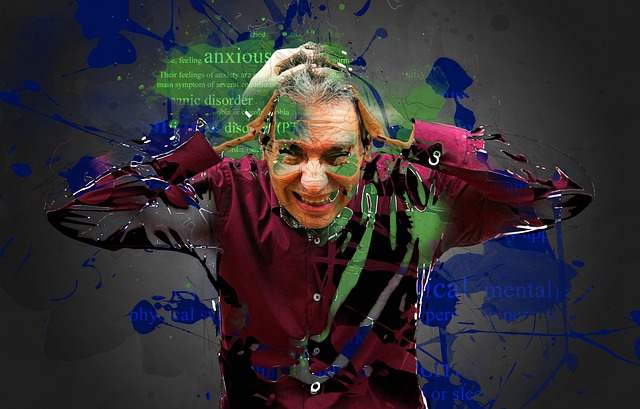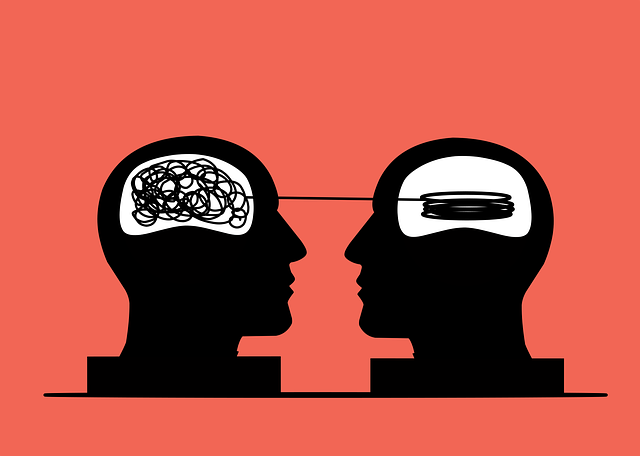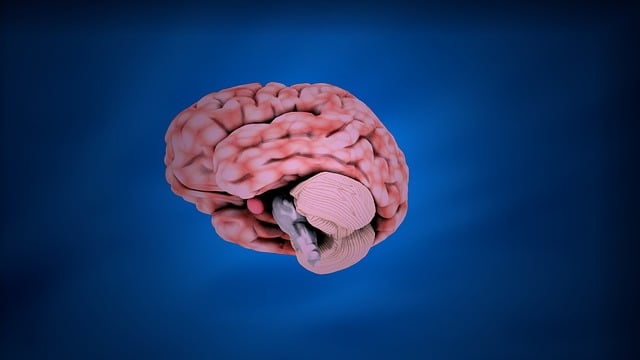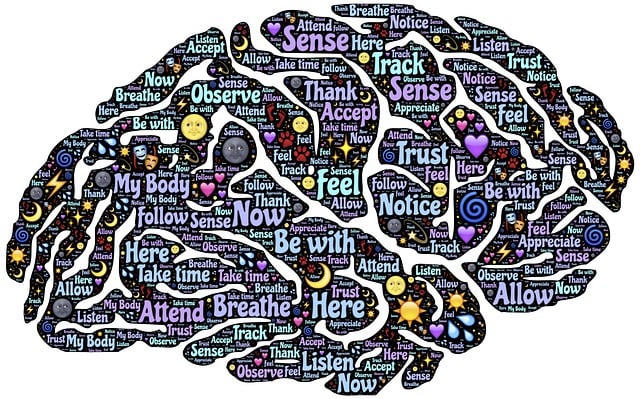Litleton Young Adults Therapy is a vital resource for navigating self-discovery and emotional maturity challenges, offering evidence-based practices to build emotional intelligence (EI). Through structured sessions focusing on self-awareness, expression, and communication, therapists guide clients in managing emotions and improving decision-making. Techniques from the Mental Wellness Podcast Series enhance stress management, emotion regulation, and communication skills, leading to a more satisfying and successful life. Crisis intervention guidance provides coping mechanisms for navigating life's challenges. By cultivating EI, young adults develop resilience, boost confidence, and foster robust relationships.
Emotional intelligence (EI) plays a pivotal role in shaping the lives of young adults in Littleton. This article explores the profound impact of EI on this demographic, highlighting challenges specifically faced by Littleton’s young adult population. We delve into evidence-based strategies for building EI through supportive therapy environments and offer practical tips to foster self-awareness and empathy beyond traditional sessions. By embracing these approaches, therapists can empower young adults in Littleton to navigate life’s complexities with enhanced emotional resilience.
- Understanding Emotional Intelligence and its Impact on Young Adults
- Common Challenges Faced by Littleton's Young Adult Population
- Strategies for Building Emotional Intelligence in a Supportive Therapy Environment
- Practical Tips to Foster Self-Awareness and Empathy Beyond Therapy Sessions
Understanding Emotional Intelligence and its Impact on Young Adults

Emotional intelligence (EI) is a vital skill for young adults navigating the complexities of life in Littleton Young Adults Therapy. It involves recognizing and managing one’s own emotions, as well as understanding and empathizing with others’ feelings. This ability to perceive and interpret emotional data helps individuals build stronger relationships, make better decisions, and adapt to challenging situations.
Developing EI has a profound impact on the mental wellness of young adults, enabling them to develop effective coping skills and boost their confidence. Through Littleton Young Adults Therapy, various programs focus on enhancing these abilities, often incorporating techniques from our Mental Wellness Podcast Series Production. By fostering emotional intelligence, young adults can better handle stress, regulate their emotions, and improve communication, ultimately contributing to a more fulfilling and successful life.
Common Challenges Faced by Littleton's Young Adult Population

The Littleton young adult population faces unique challenges on their journey to self-discovery and emotional maturity. Many struggle with feelings of uncertainty and anxiety as they navigate the complexities of adulthood, often lacking the tools to manage stress and regulate emotions effectively. This is where the importance of therapy becomes evident; it provides a safe space for self-reflection and offers valuable insights into cultivating emotional intelligence (EI).
Littleton Young Adults Therapy plays a pivotal role in addressing common struggles such as low self-esteem and building confidence. Through evidence-based practices, individuals learn to identify and manage their emotions, fostering better decision-making skills and resilience. Moreover, crisis intervention guidance is crucial in equipping young adults with coping mechanisms to navigate life’s curveballs, ensuring they develop healthy emotional responses.
Strategies for Building Emotional Intelligence in a Supportive Therapy Environment

Building emotional intelligence (EI) is a transformative process, especially within a supportive therapy environment designed for Littleton Young Adults. Therapists play a pivotal role in guiding individuals to enhance their self-awareness and understand their emotions. One effective strategy involves encouraging clients to explore and express their feelings openly. This can be facilitated through structured discussions, journaling exercises, or creative outlets like art therapy, allowing young adults to identify and name their emotions, thus fostering emotional literacy.
Additionally, communication strategies are integral to EI development. Therapists teach active listening techniques, helping individuals recognize not only their own emotions but also those of others. This skill promotes empathy, strengthens interpersonal connections, and enhances overall social awareness. Incorporating self-care routine development for better mental health is another key aspect; promoting healthy habits like regular exercise, mindfulness practices, and stress management techniques contributes to emotional resilience and a positive thinking mindset.
Practical Tips to Foster Self-Awareness and Empathy Beyond Therapy Sessions

Building emotional intelligence is a continuous journey that extends far beyond therapy sessions, particularly for young adults navigating life in Littleton. Self-awareness and empathy are foundational skills to cultivate in this process. Here are some practical tips to foster these qualities daily:
Encourage journaling as a means of introspection. Reflecting on your emotions, thoughts, and behaviors allows you to recognize patterns and gain insights into what triggers certain reactions. This practice can significantly enhance self-awareness and help in managing stress levels. Public awareness campaigns that promote emotional intelligence can play a crucial role in encouraging open conversations about mental health, reducing stigma, and fostering empathy among Littleton young adults.
Emotional intelligence (EI) plays a pivotal role in the well-being and success of Littleton’s young adults. By understanding EI and its impact, recognizing common challenges faced by this demographic, and implementing effective strategies within supportive therapy environments, we can empower individuals to navigate life’s complexities with greater resilience. Practical tips for fostering self-awareness and empathy beyond therapy sessions ensure that these skills become integral parts of everyday lives, ultimately enhancing their ability to connect, thrive, and contribute positively in both personal and professional spheres. Littleton young adults therapy, when focused on EI development, becomes a catalyst for holistic growth and improved quality of life.


